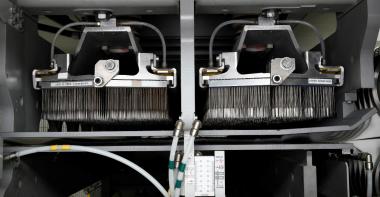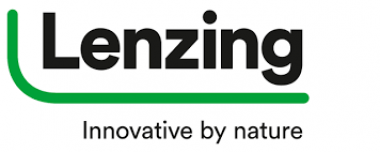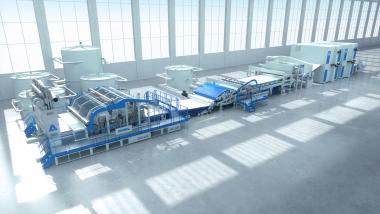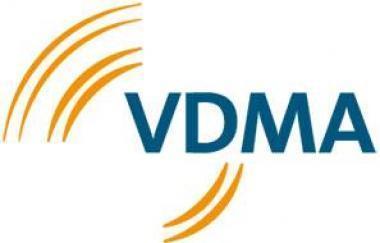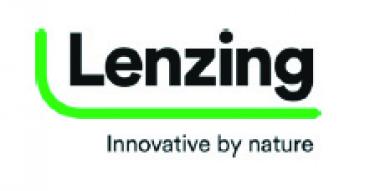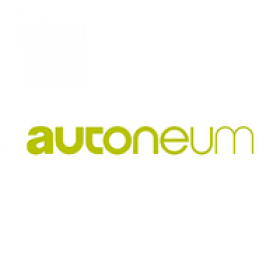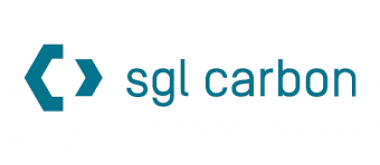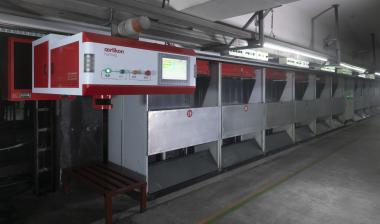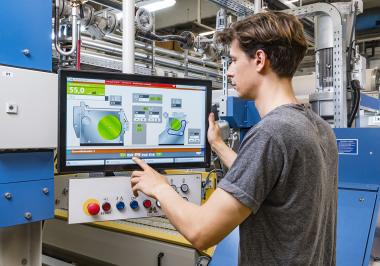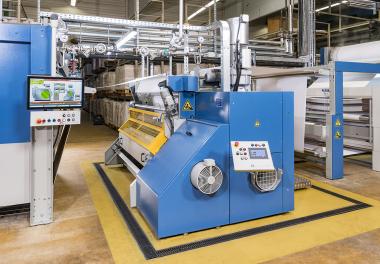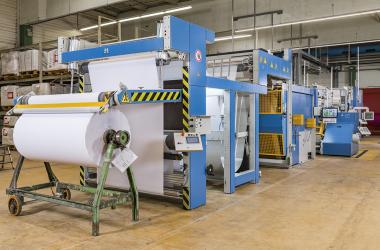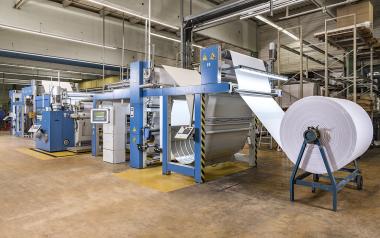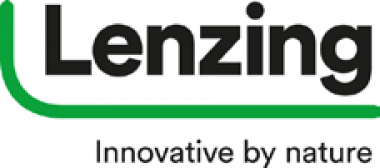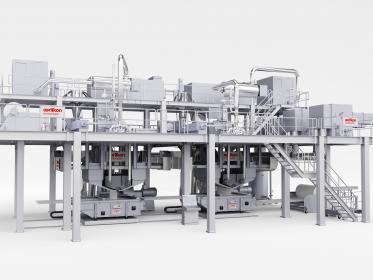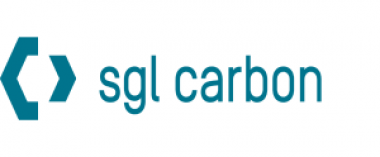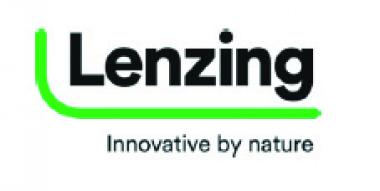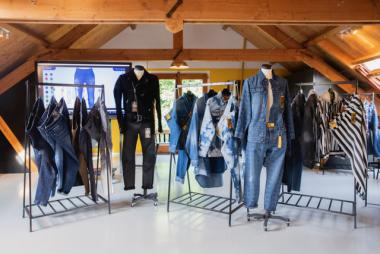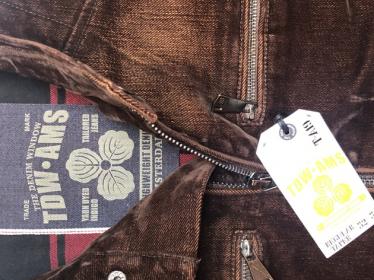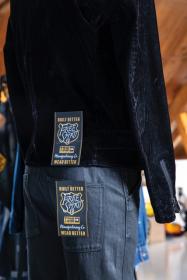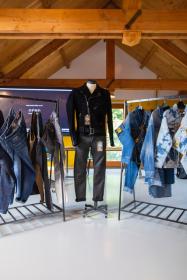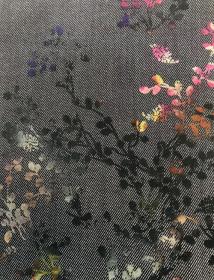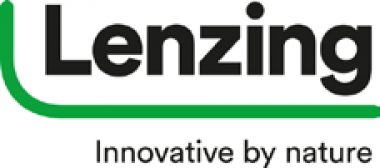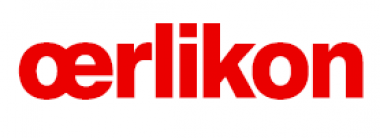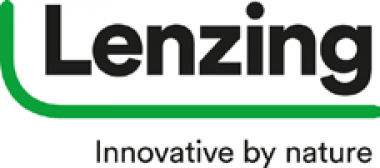ANDRITZ receives order for a needlepunch line from Pureko
International technology Group ANDRITZ has received an order from Pureko Sp. z o.o. to supply a needlepunch line for their plant in Myszków, Poland. The line will process recycling fibers from garment waste for the production of technical felts dedicated to furniture and geotextile applications. The final products will have fabric weights ranging from 300 to 500 gsm, and the production capacity will be up to 750 kg/h. Installation and start-up are scheduled for the third quarter of 2021.
The ANDRITZ scope of supply includes a complete neXline needlepunch eXcelle line – from web forming to needling – as well as engineering and ANDRITZ’s recently launched scanning gauge.
This is the second ANDRITZ line to be supplied to Pureko, thus demonstrating the strong partnership between both companies. Three years ago, Pureko invested in a new, modern plant supplied by ANDRITZ Asselin-Thibeau to produce fluffy nonwovens used in the furniture, textile, and clothing industries. The new line will enable Pureko to continue its ongoing growth.
Founded in 2009, Pureko is one of the most important producers of nonwovens in Poland. The company’s nonwoven products are mainly used for wadding; they are free of chemicals, do not involve any health hazards, and are hypoallergenic. Pureko’s products carry top certificates such as INTERTEK, FIRA, OEKO-TEX, and the National Institute of Hygiene.
ANDRITZ AG


